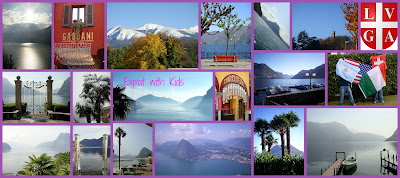But did you know that Switzerland has one of the largest strategic stocks in the world with three to six months of food and essential goods stored within the country’s borders? The history and geography of Switzerland have anchored strategic thinking on the country’s supply chains over the decades.
Last year, Switzerland, which has 8.5 million inhabitants, kept 63,000 tonnes of sugar, 160,000 tonnes of white flour for bread, 33,700 tonnes of cooking oil (a fifth of which for dressing and mayonnaise) and just under 400,000 tonnes of specialized food for its dairy industry in reserve. They also have 15,000 tonnes of coffee beans in stock to watch them get through these tough times.
The government has regularly run public information campaigns for decades to advise citizens on how to supply their households.
The last widely distributed leaflet on the maintenance of household pantries was released just a few weeks ago: the last in a series called Kluger Rat – Notvorrat (wise advice – emergency stores) which have existed for 50 years. The Swiss are advised to have nine liters of bottled water per person, enough food to feed someone for a week, a gas stove, candles and money.
So, what have you stockpiled these past weeks?
Campaigns from 1968 and 1980


No comments:
Post a Comment